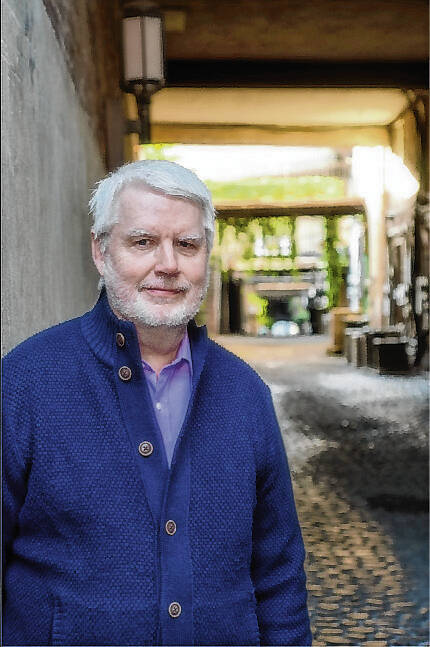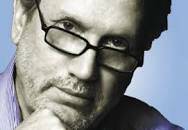When my wife and I are in a restaurant and are waiting for the food to arrive, she sometimes whispers, “Let’s not sit here like an old married couple who have nothing to say to each other.” This past week, she offered an example by sharing something she read recently online. The post invited her to recall an encouraging comment that someone gave her in the past that changed her life. She liked the post so much that she asked me to think about the example that I would give from my life.
I appreciate that my wife asked us to think about the comment a bit before answering. A few days passed, and on a long road trip, we decided to share our reflections. But before we did that, we agreed on a caveat: The memory couldn’t be a comment we received that was simply flattery. Flattery strokes the ego, but flattery is almost always shallow. Flattery is usually a comment that the person giving it knows will please us. We might like to hear something flattering, but flattery rarely surprises us. A life-changing comment is one that we don’t expect; yet once we receive it, we think about our lives, our gifts, and our future in a new way.
The more my wife and I discussed the comment, the more I was reminded of a door, but not an ordinary door. This is a door that on our own we would likely not see, or it might be a door that we know exists but are convinced that we lack the ability or permission to open. We only become aware of the door — and aware that a new future lies on the other side of it — when someone we respect and look up to turns to us and says, “Have you thought about going through that door, heading in that direction? I see you doing really well in that role or vocation.”
I thought of two professors whom I studied under in grad school. David W. and Robert C. were both brilliant scholars, so brilliant that I often felt tongue-tied in their presence. I imagined that they paid little attention to me, not because they were cold or calloused, but because when I compared myself to others, I didn’t believe that I deserved their attention.
But they did notice me, and each of them took the time to put a hand on my shoulder and suggest that I consider a future in teaching. My wife had a similar experience with William S., a professor who saw potential in her that she hadn’t seen before that moment. These three professors had pointed my wife and me to a door that we’d likely have missed otherwise.
My wife and I were both struck with how much we owe these gracious professors. But the memory of them also reminds us to be that encouraging person for others. Most of us, in thinking about our own younger years, will remember being weighed down with self-doubt. Young people are keenly aware of what they lack, but often unaware of their gifts and potential. Anxiety and self-doubt create a kind of blindness. Many young people don’t even see the doors that they are capable of walking through.
Perhaps today, this week, or this year, a young person will cross your path who is just waiting for someone to put a hand on her or his shoulder and say those magical words, “I don’t know if you recognize the gifts that you have, but I’ve noticed them. I want to encourage you to own those gifts and do amazing things with them.”
David Carlson of Franklin is a professor emeritus of philosophy and religion. Send comments to [email protected].





